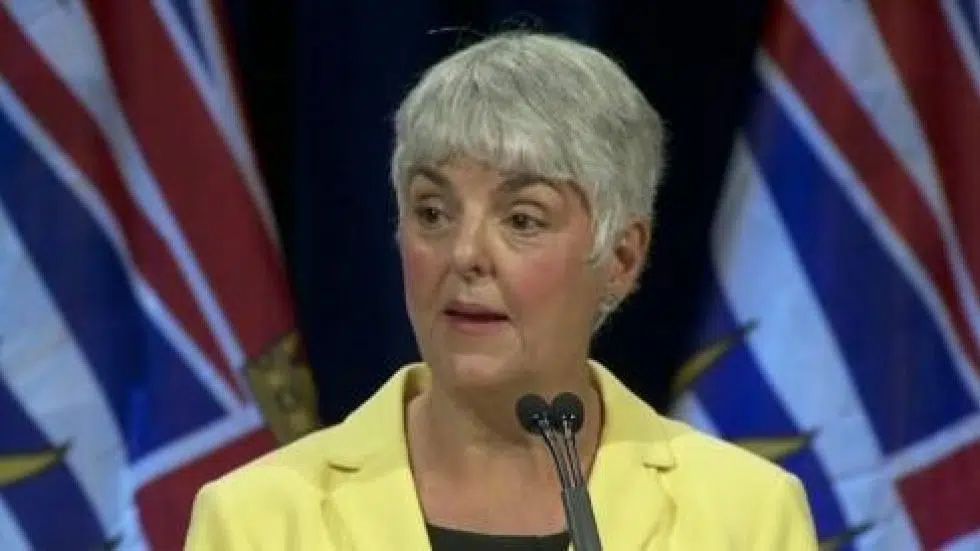
NDP government too hasty in rolling out new taxes
THE NDP GOVERNMENT had a couple of big economic problems to try to address as it prepared for its first full budget last month.
It had to do something about the affordability crisis in the Lower Mainland, and it had to figure out a way to pay for health care without the Medical Services Plan premiums coming in.
It seems the government was a little hasty with its solutions to both issues.


